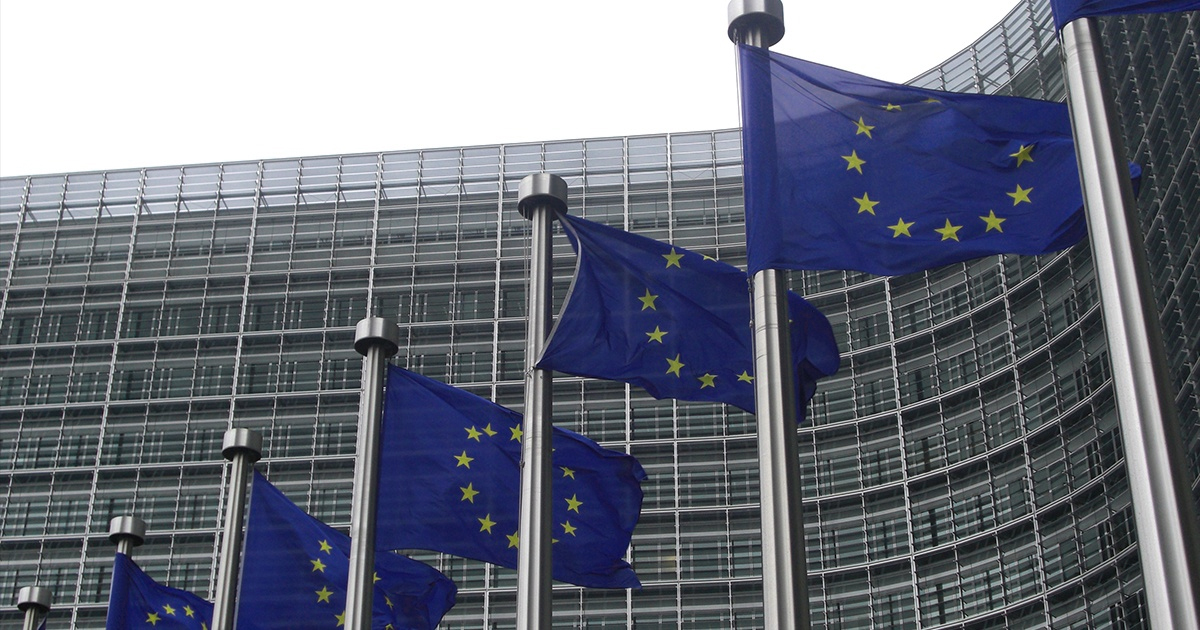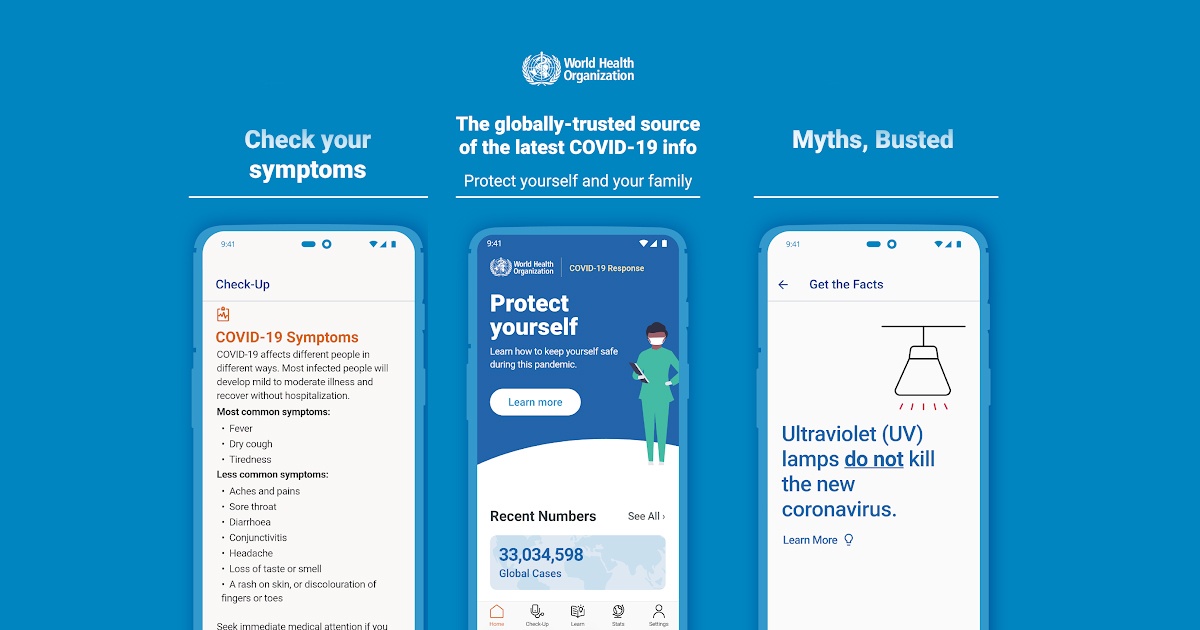Alemania, Francia, Noruega y otros países europeos, han desarrollado grandes avances en transformación digital durante la pandemia, al innovar y adoptar la legislación para masificar el uso de herramientas digitales de salud.
La Comisión Europea (CE) ha propuesto el programa EU4Health en respuesta a COVID-19, con la intención de invertir más de 5 mil millones de euros en países de la Unión Europea (UE), organizaciones de salud y ONG, para promover la digitalización y la innovación de los sistemas de salud.

El programa incluye la creación de una reserva de insumos médicos ante una crisis, personal médico y otros expertos para responder ante una crisis alrededor de la UE, incrementar la vigilancia de amenazas a la salud pública, fortalecer los sistemas de salud ante futuras emergencias sanitarias, prevención de enfermedades, transformación de los sistemas de salud, desarrollo de dispositivos médicos accesibles y brindar acceso a atención médica a grupos vulnerables.
Germany
Alemania, por otra parte, incluso antes de la pandemia había fortalecido las regulaciones para el uso clínico de aplicaciones médicas móviles y web al crear la Ley de Digital Health en 2019. En octubre del año pasado, se aprobó el uso de dos aplicaciones para uso clínico, la primera para pacientes con molestias de zumbido de oídos y la segunda para pacientes con trastorno de ansiedad.
No obstante, la Digital Health ha logrado sus mayores avances en Alemania durante los últimos dos años, Susanne Ozegowski, directora de desarrollo corporativo y digitalización de una compañía alemana y miembro del consejo asesor de HIMSS, explicó al sitio especializado Healthcare IT que: “En Alemania, hasta hace tres años, la digital health no desempeñaba un papel importante, pocas aplicaciones de fitness y bienestar, pero pocas aplicaciones de digital health que tuvieran un impacto relevante en el diagnóstico y tratamiento de enfermedades”.
Entre los avances logrados durante las pandemias, resalta el conseguido a inicios de 2021, con el registro electrónico. A partir de 2021 año todos los ciudadanos alemanes cuentan con registro de paciente electrónicos nacional.
France
Por otra parte, Francia ha adoptado una ley aprobada en 2019, que se basa en My Health 2022, un proyecto del gobierno francés que busca acelerar la Digital Health en el país. Esto a través de la implementación de registros médicos electrónicos, interoperability en el sistema de salud, aprovechar la AI en salud, establecer un centro datos de salud, entre otros.
Además, el uso de la telemedicine en Francia se ha incrementado durante la pandemia. Entre las últimas acciones destacan que el gobierno ha comenzado pruebas para la expedición de un pasaporte de vacuna digital.
Norway
Al igual que en Alemania, en Noruega ya se encuentran aplicando tecnologías para la atención médica a distancia. Cuentan con plataformas de video consultas y sistemas de registros médicos electrónicos.
Además, el Centro Noruego de Investigación en e-Health se encuentra desarrollando una “gran plataforma digital nacional y está parcialmente operativa. Esta plataforma contendrá en el futuro interoperability y soluciones semánticas. FHIR es una interoperability nacional estándar, y se ha elegido SNOMED-CT como terminología común”, según explica Rune Pedersen director de ruta del paciente de dicho centro.







